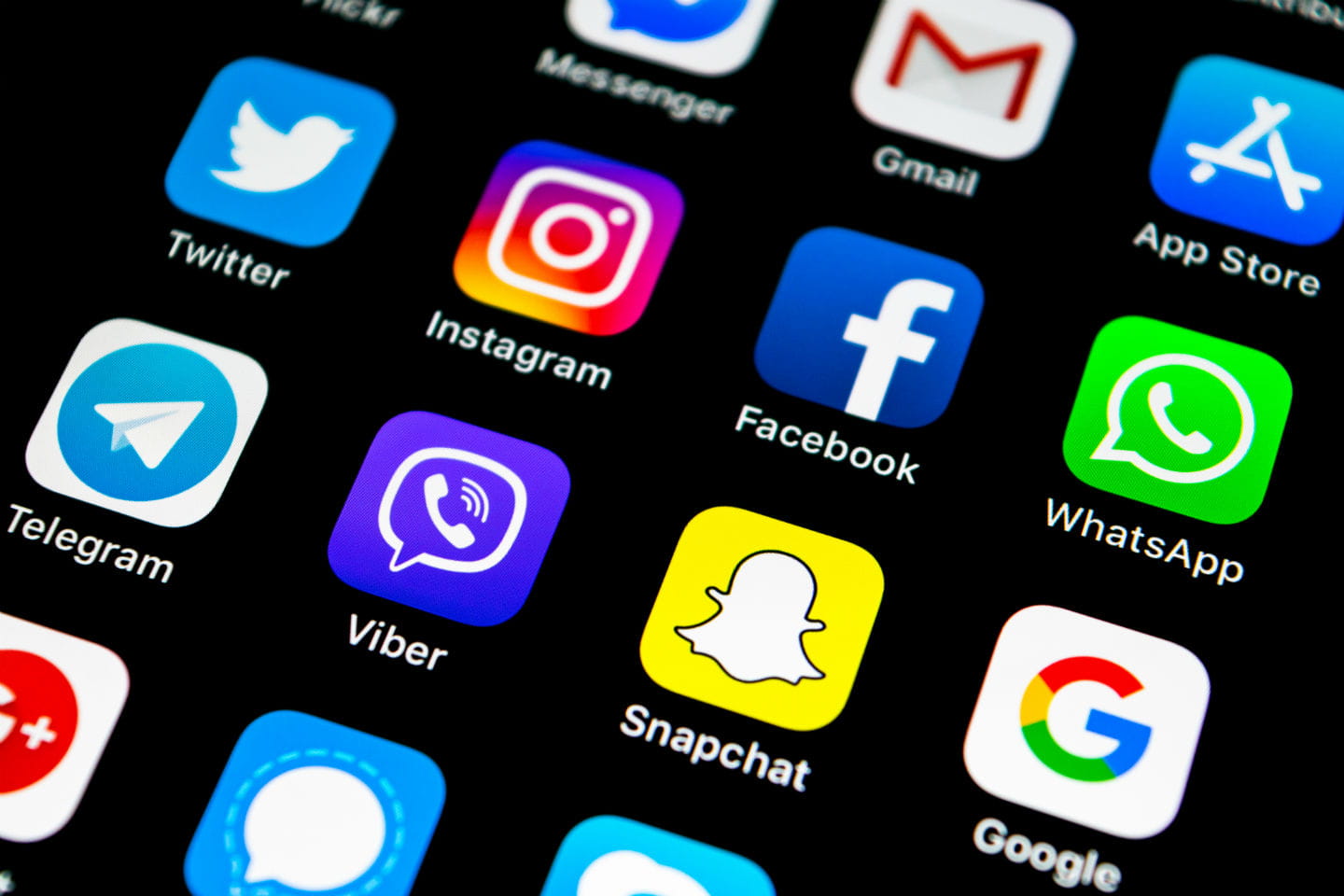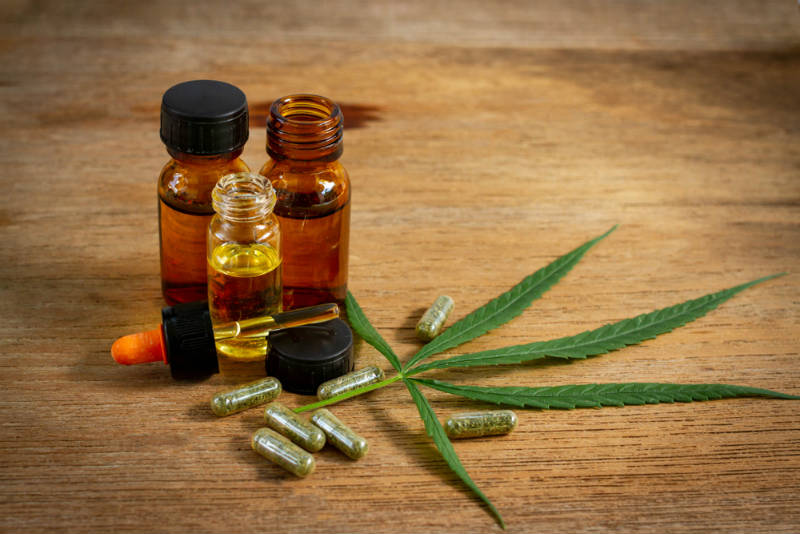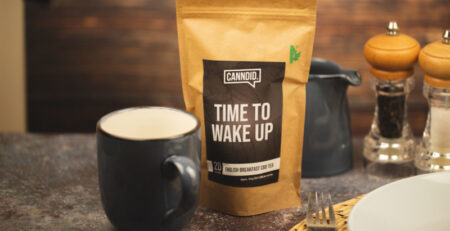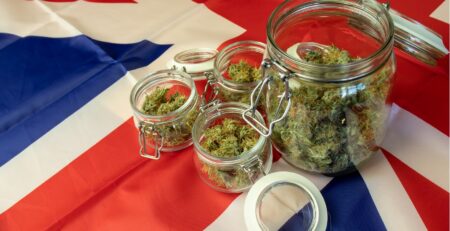CBD: The Difficulties Around Digital Marketing On Social Networks
How Can CBD Oil Brands Advertise On Social Media Without Getting Shut Down?
Why is it difficult to market CBD on social media?
Anybody involved in the marketing of CBD will tell you that it not an easy formula to get right. To put it mildly, there is an ambiguous perception of CBD by the major social networks.
Although CBD has become mainstream, Google, Facebook, Twitter, Pinterest, and Instagram have all presented barriers to growth.
There was hope on both sides of the Atlantic that the industry had turned a corner at the end of last year when the US Farm Bill passed. Indeed market intelligence agency, CBD Intel reported that “CBD gummies†was the third most searched food term on Google in 2018.
But constraints have persisted and CBD continues to suffer from the fact that it is derived from cannabis, despite not being psychoactive.
Facebook proclaims, “Facebook does not allow drug-related products to be advertised†which can mean that CBD is banned alongside cannabis products.
Mixed Messages Add Up To Complete Confusion
Instagram, owned by Facebook since 2012, has the same advertising policies that there is no advertising permitted for cannabis companies.
At the same time there is much CBD activity on the site, including CBD companies touting for influencers in a bid to get their followers to buy CBD oil.
YouTube advertising policies ban paid cannabis promotions but allow CBD although sometimes they appear to be restricting CBD too.
READ MORE: CBD Sales Increase 99% In The UK
LinkedIn is very hardline at first glance, as it has advertising policies that state that “even if legal in the applicable jurisdiction, LinkedIn does not allow ads related to prescription pharmaceuticals, drugs or any related products or servicesâ€, including herbal medicines and treatments, yet it is full of CBD and even cannabis professionals.
Pinterest does not allow “imagery, sale or use of illegal or recreational drugs†or even “informational material about the use or legalisation of illegal or recreational drugs.â€
Amazon asserts itself a CBD-free zone, yet it sells many “hemp oil†products that are essentially no different from CBD-infused ones. This has been seen as problematic for the reputation of the industry as hemp seed oil products are sold at high prices in advertisements peppered with unproven and misleading medical claims.
What Are The Alternatives To The Big Social Media Guns?
In malls and main streets stateside Walmart, Costco, Target, Kroger and Whole Foods Market stock no CBD products. In Britain, while high street multiples such as Boots and Holland & Barrett do sell CBD products, there is still a level of confusion about promotion via social media.
That said, there are plenty of CBD brands in the UK on Instagram and even among some influencers, though others are wary about engaging with promotion of anything cannabis-related on the grounds that it might bring unwanted attention.
Google Adwords is a big constraint as the company bans CBD-related keywords.
Adding to the difficulty, there is huge confusion about the difference between various categories: not just cannabis and CBD, but hemp oil and CBD.
READ MORE: CBD Oil Domain Registration Name Sells For $500,000
An area of consensus by marketers and companies trying to get exposure for their CBD products and services centres around the area of messaging.
“We avoid talking about anything too specific about what the product [CBD] will do,†Cary Smith of US-based North 6th Agency told CNBC. Imagery of smoking and cannabis plants should clearly be avoided and retailers are advised to read up on their own regions and territories.
There are cases where arguments have been made to Facebook to put pages back up.
So displaying as much info about the product without making claims or suggestions is one way around it. Other means of increasing brand awareness include companies looking to events, sponsorships and other ways to connect with customers.
Finally, if the normal social networks do fail, there an alternative: the cannabis and CBD-friendly social platforms out there, such as Mantis, Leafly, Traffic Roots, 420network, High Times et al.
Conclusion
Social media giants have proven to be a difficult challenge for CBD operators to overcome in helping to grow awareness of their products and services. An array of different rules and contradictory positions abound. But there are ways to be compliant and alternatives too.
Displaying as much info about the product without making claims or suggestions is one way around it. Other means of increasing brand awareness include companies looking to events, sponsorships and other ways to connect with customers. Finally marketers can use CBD-friendly social platforms such as Mantis, Leafly, Traffic Roots, 420network and High Times.








